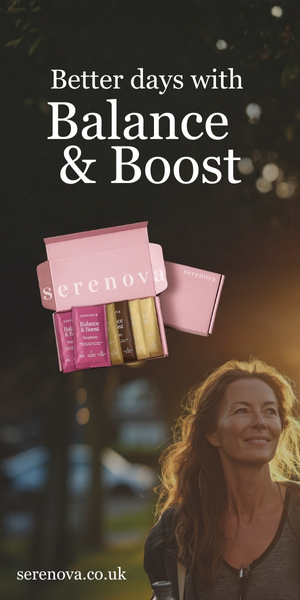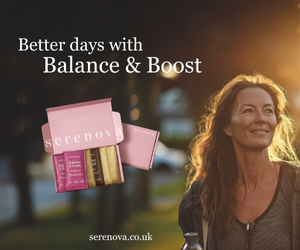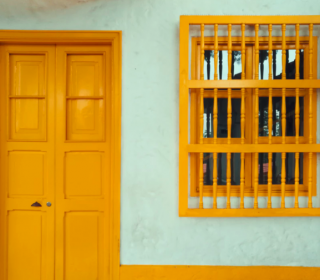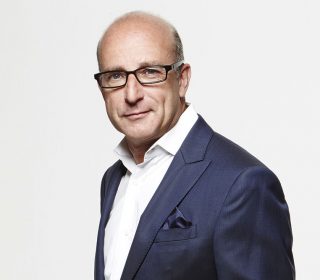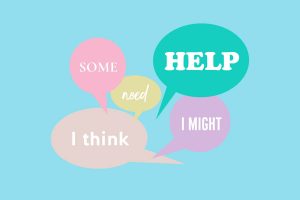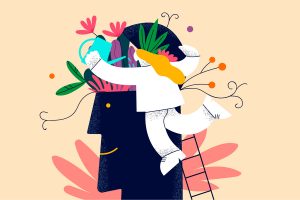The Insta-effect on mental health
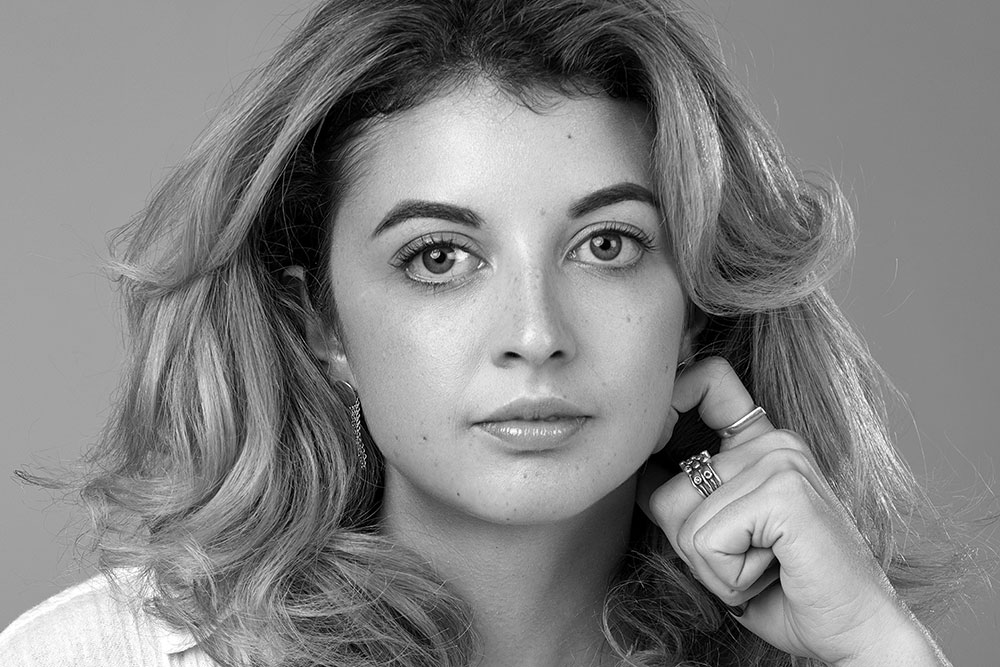
After yachting for three years, Emily Warburton-Adams took part in TV show Below Deck which catapulted her to social media stardom. Having garnered a huge group of followers (84.2k) on her English Ems Instagram, she began using the platform for mental health advocacy and now hosts Pillow Chats with Georgie Spurling. Having suffered personally, she wanted to help others through her recovery and, on returning to London after filming, felt ready to do so.
We spoke to Emily about the potentially contradictory combination of mental health and social media…
Did growing your personal brand come naturally?
Certainly not, I had to do it for the TV show as it was in our contract, but it was hard work posting and growing followers. As I got used to it, I found the social platforms gave me a voice and actually helped my confidence. They are a great way to connect with like-minded people and share messages. When it reached a certain point, followers started growing organically which took off a lot of pressure.
Are there downsides of having such an influential social media presence?
It can be a little distracting as I like to respond to everyone, but I switch off my notifications and set aside designated time to engage with my followers. Having a presence has its benefits, but I’m conscious of the influence people can have without knowing it, which I am reminded of by the messages I receive from lovely followers who are impacted by something I post.
How do you maintain a healthy relationship with social media?
I can see how it can get people down as I have been there myself, but I learnt to only use it when I feel like it and if I’m enjoying it. I won’t post everyday or switch onto it if i’m not in the mood.
How and when did you realise social media and mental health advocacy could work together?
I started noticing a positive feedback from followers when I mentioned little things on my stories, so I tried a few posts on my main page and the reaction was great. I think the key is to not be too heavy or bring it up everyday, so I touch on it in a way that’s true to myself. Instagram is a sensitive platform and I have to be incredibly careful with what I say, but it’s a wonderful tool for raising awareness and sharing messages to help people not feel alone, however small or big.
How do you think social media has changed the public perception of mental health?
I think that it has increased awareness and has helped to normalise it, as we see big celebrities and public figures talking about it and sharing material, which has been so powerful for encouraging people to ask for help. When Cara Delevingne discussed her depression on social media and started advocating mental health, I gained a huge respect for her and it made me feel less alone. Its funny the impact that it can have!
What do you think of the current negative rep surrounding social media?
Social media can only tell half the story and it’s important to know that. We’re all on our own journeys and no-one is worth more than another. When people seem like they have their shit together — that they’re happy, confident and complete — know it’s often far from the case.
What advice do you have for people who are experiencing negative emotions when using social media?
Take a break from it and switch off your notifications. I also advise scheduling posts if you’re wanting to grow it for a business as planning my page in advance helps to take the stress away. Social detox days are important, but if that doesn’t seem possible just make sure it’s not the first thing you look at in the morning or the last thing at night! Make sure your number one priority is always your own wellbeing.
Overall, do you think social media is beneficial/detrimental to mental health?
I think that it can work both ways. It as helped me gain self-esteem and confidence, and I know this is the case for a lot of people, but I know it can be damaging. Like anything in life, we can be influenced as much as we allow ourselves.
What’s the best thing about social media?
The people that you meet through it! I LOVE the like-minded friends I have met through social media.
And the worst?
We all worry about engagement, timings and likes — but, hey ho, it’s only a virtual world in the end.
You share quotes on your feed — what is your favourite?
I haven’t shared it yet, but I have this as my wallpaper on my phone: ‘She was unstoppable, not because of failures or doubts but because she continued on despite’, by Beau Taplin.
How did the idea of your World Mental Health Day portraits come about?
I love organising projects and Mental Health is an issue so close to my heart. I knew it would be a challenging, mentally and practically, but I enjoy that. I met Dom, the photographer, at an event and once we had brainstormed, the concept evolved and it all moved very quickly! He helped me facilitate it, and was a complete and utter godsend!
How did you choose who to work with?
I wanted to bring people onboard within the health and fitness world on social media who had experienced mental health themselves. I chose women with a diverse range of followings, as each one of them has a different stance and true message, which was important for this campaign. Some I knew already and others I found through Instagram and by word of mouth! It was amazing all coming together.
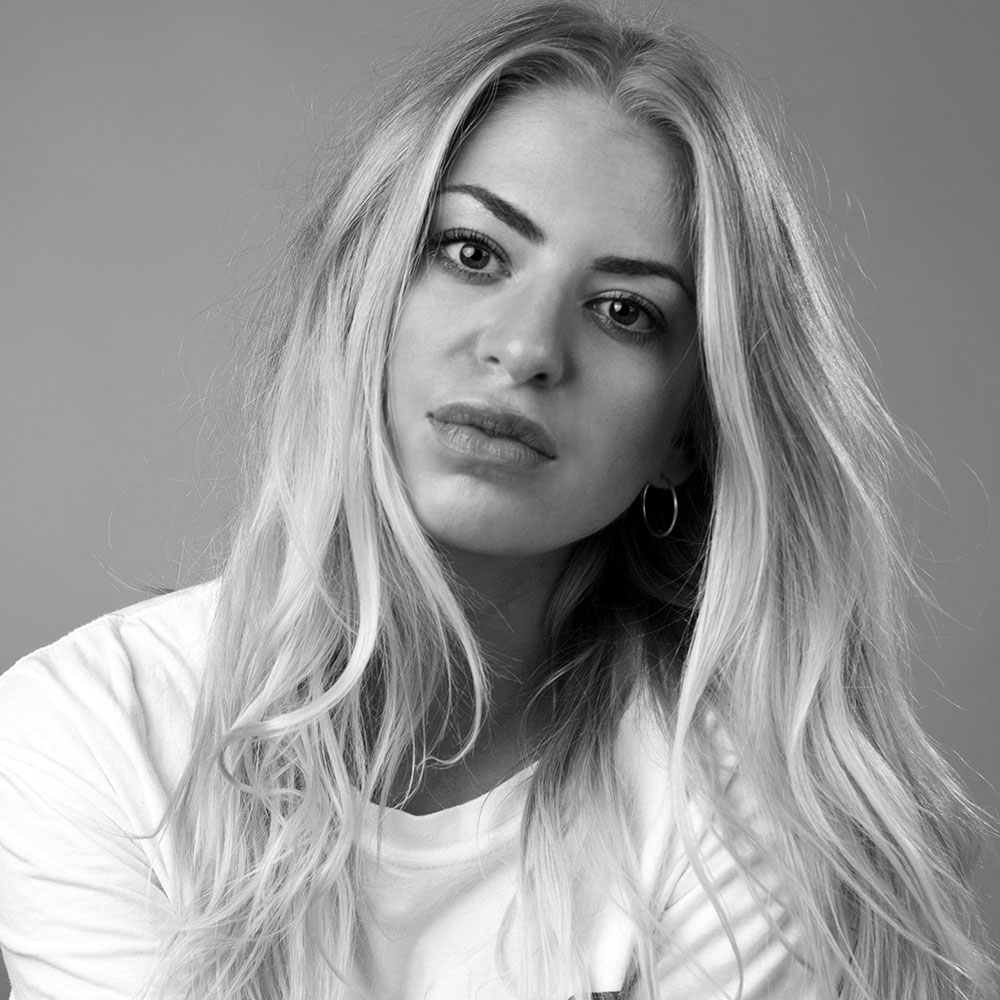
Emily’s Pillow Chats co-star Georgie Spurling
What’s the message intended to be portrayed through the photographs?
They were intended to portray an element of vulnerability and stillness compared to the usual, active posts that we so often see on social media. I hope people who see them stop for a moment and want to know more about them. The message is of solidarity, acceptance and strength in speaking out and sharing.
Many of the women aren’t often photographed looking into the camera, so this was about being completely ‘there’ and sharing something you wouldn’t usually see or read on social media.
The overall purpose was to help raise awareness for mental health. I hope it will stop people feeling alone and make the idea of speaking out and asking for help less scary.



